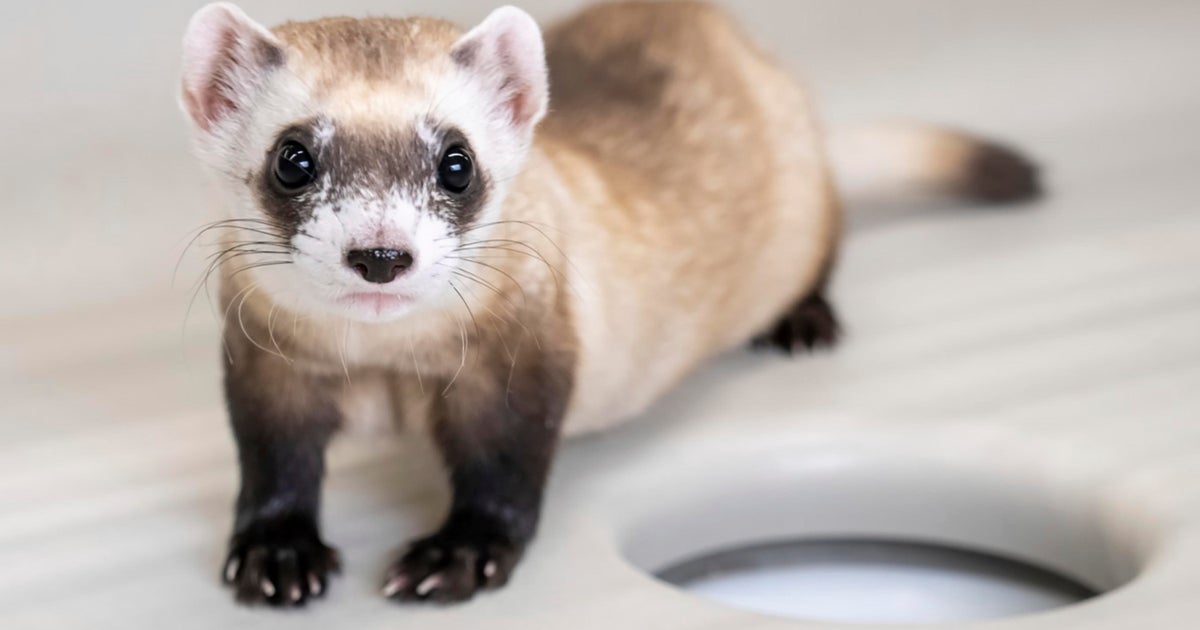New "giant" trapdoor spider species discovered in Australia
Researchers have discovered a new and rare "giant" trapdoor spider species in Australia, the Queensland Museum Network announced.
Scientists found the large arachnids in the Brigalow Belt in central Queensland and named them Euplos dignitas. The name comes from the Latin word dignitas, which means dignity or greatness, "reflecting the impressive size and nature of the spider," the museum said.
The findings of a study on the species were published in the Journal of Arachnology last week.
Dr. Michael Rix, an author of the study and the principal curator of arachnology with the Queensland Museum Network, called the spiders a "big, beautiful species." They live in open woodland habitats and build burrows in the black soils of Queensland, according to the museum.
The species is known in a few locations in Eidsvold and Monto, two rural towns in the Australian state. Researchers believe they have lost much of their habitat because of land clearing, likely making them an endangered species.
Another author of the study, Dr. Jeremy Wilson, an arachnology research assistant at the Queens Museum Network, said you just "never know what you're going to find" across Australia.
"When you then get to see that through to the end, which is giving a name to that species, and knowing that that species is now known to everyone and can be protected," Wilson said.
Male spiders of the species have a honey-red exterior while females have a red-brown carapace. According to the BBC, the females can live for more than 20 years in the wild and grow up to 5 centimeters long (nearly 2 inches), while the males can grow up to 3 centimeters long (more than 1 inch). Compared to typical trapdoor spiders, which grow between a half inch and an inch, these are bigger.
Trapdoor spiders earned their names because they make a hatch to hide from their prey. Trapdoor spiders traditionally have a life span between five and 20 years. While females stay in or near their burrows, males leave once they are mature and go in search of a mate. The spiders are not a major threat to humans.




